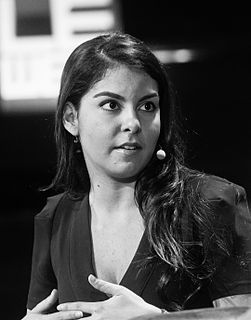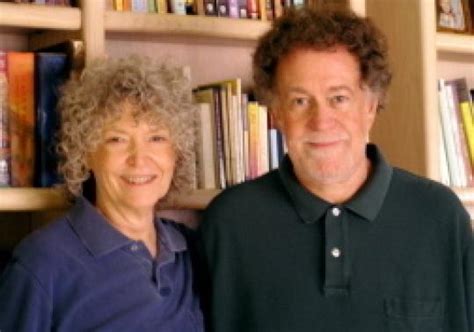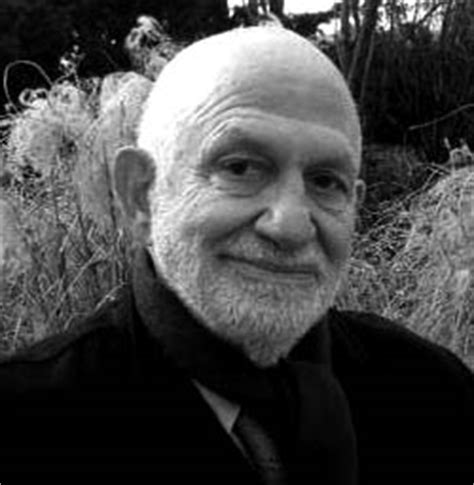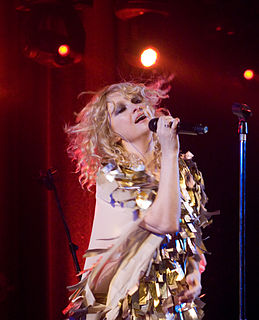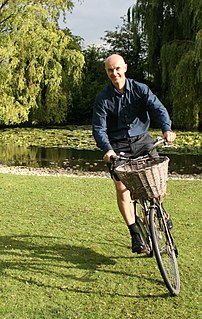A Quote by Michael J. Silverstein
For me, it's often about consumption behavior. I focus my energy on understanding the heavy user. They are "odd" but hold opportunity. I ask: how do they use the product, what motivates them, how can we clone them.
Related Quotes
It's always been important to me to be very upfront with people about the fact that I do identify as a feminist because it's an opportunity to expose people to and educated them about the movement. Young women don't identify as feminist is because they don't know any feminists and don't have a comprehensive understanding of what it is, I gave them example and an opportunity to ask about it. And once they saw that I wasn't the embodiment of the negative feminist stereotype - that I was a normal teen girl just like them - I think they became more open to learning about what feminism really is.
As we get better at understanding how little we know about the body, we begin to realize that the next big frontier in medicine, is energy medicine. It's not the mechanistic part of the joints moving. It's not the chemistry of our body. It's understanding for the first time how energy influences how we feel.
Addiction is more malleable than you know. When people come to me for therapy, they often ask me whether their behavior constitutes a real addiction (or whether they are really alcoholic, etc.). My answer is that this is not the important question. The important questions are how many problems is the involvement causing you, how much do you want to change it, and how can we go about change?
When talking to first-time entrepreneurs, I often ask them: 'How do you know that people want your product or service?' As you can expect, the answer is often that they don't yet, but will know once they launch. And they're right. That's why it's critical to launch as quickly as possible so you can get that feedback.

